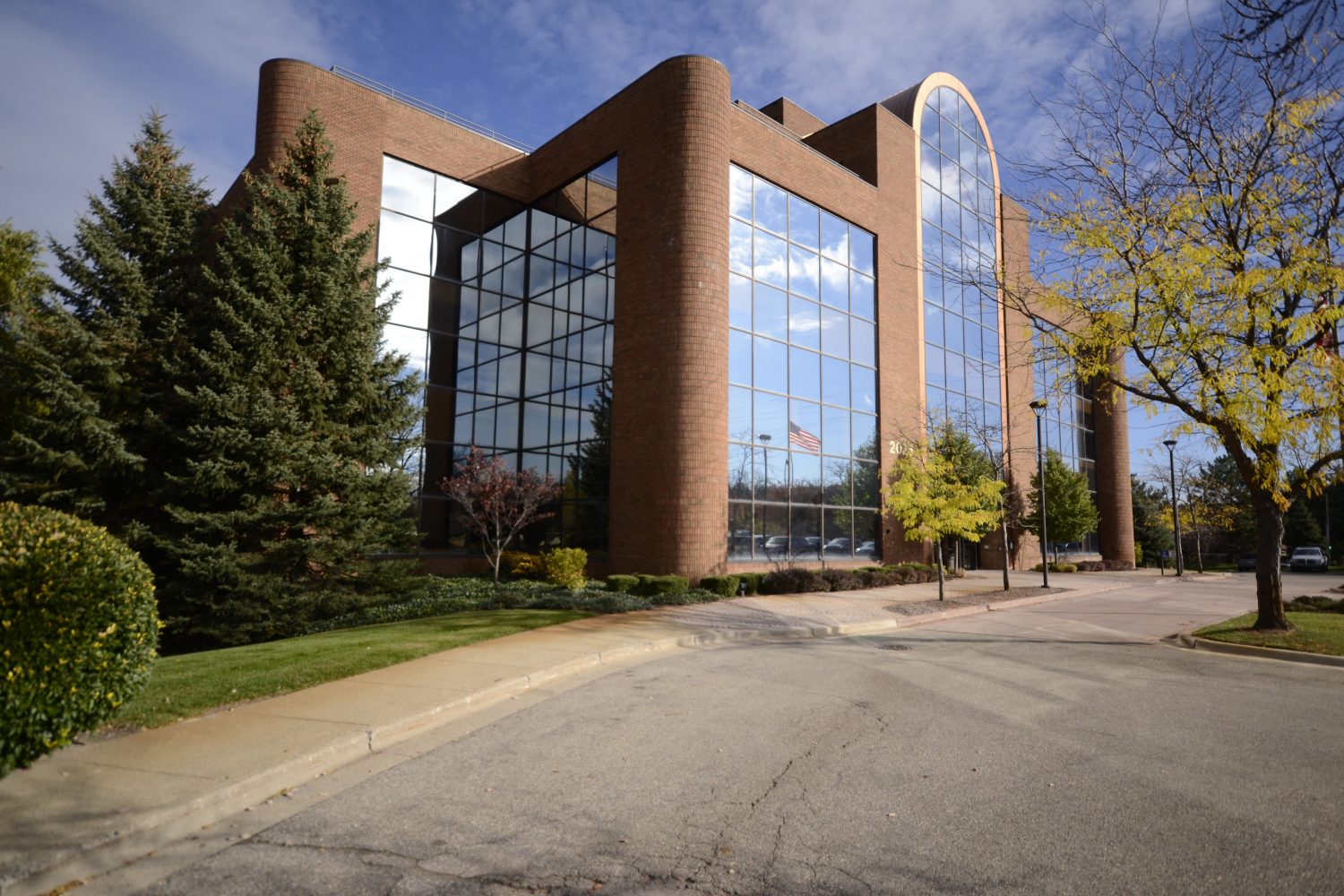Last week, Calvin finalized the sale of the Weyhill office building. The final closing price has not been released to the public. However, if it was purchased for the listing price, the college lost approximately $2 million on the sale.
“The goal of real-estate is to always make a profit. Unfortunately, that is not always the case, depending on timing and the economy,” said Sally Vander Ploeg Calvin’s vice president for administration and finance.
The Weyhill building was purchased in July of 2007 for just over $8 million and was listed for sale at $6.175 million in May of this year. Calvin received offers from two different entities and chose the best offer after looking at both revised purchase prices.
The property was purchased by JBD Medical C Building LLC out of Birmingham, MI.
This sale follows the sale of the Glen Oaks East Apartment building, as well as the listing of the Ladies Literary club and the Lake Drive office building in the college’s plan to sell non-core real-estate holdings.
“The goal is to take a non-core asset and use that money to pay down the debt to focus on our core functions,” said Vander Ploeg.
The Weyhill Building was constructed in 1988 and is a six-story office building with 68,933 rentable square feet. Since its purchase in 2007, it has been leased out to other businesses and law firms.
In April 2013, Calvin hired Colliers Investment Group to determine core and non-core real-estate holdings as part of the strategic plan to reduce Calvin’s operational costs and pay down some of the debt. Weyhill was listed as non-core because it was being leased out to other businesses.
“The non-core holdings weren’t being used to further Calvin’s missional work,” said Vander Ploeg.
The proceeds from the sale will be combined with recent debt-reduction gifts to make a down-payment on the debt this coming February.
“This payment will bring the debt under $100 million,” said Vander Ploeg.
This reflects an intention by the college to direct their money towards ventures that directly promote its mission, which is not, Vander Ploeg asserted, to invest in and operate real-estate.








